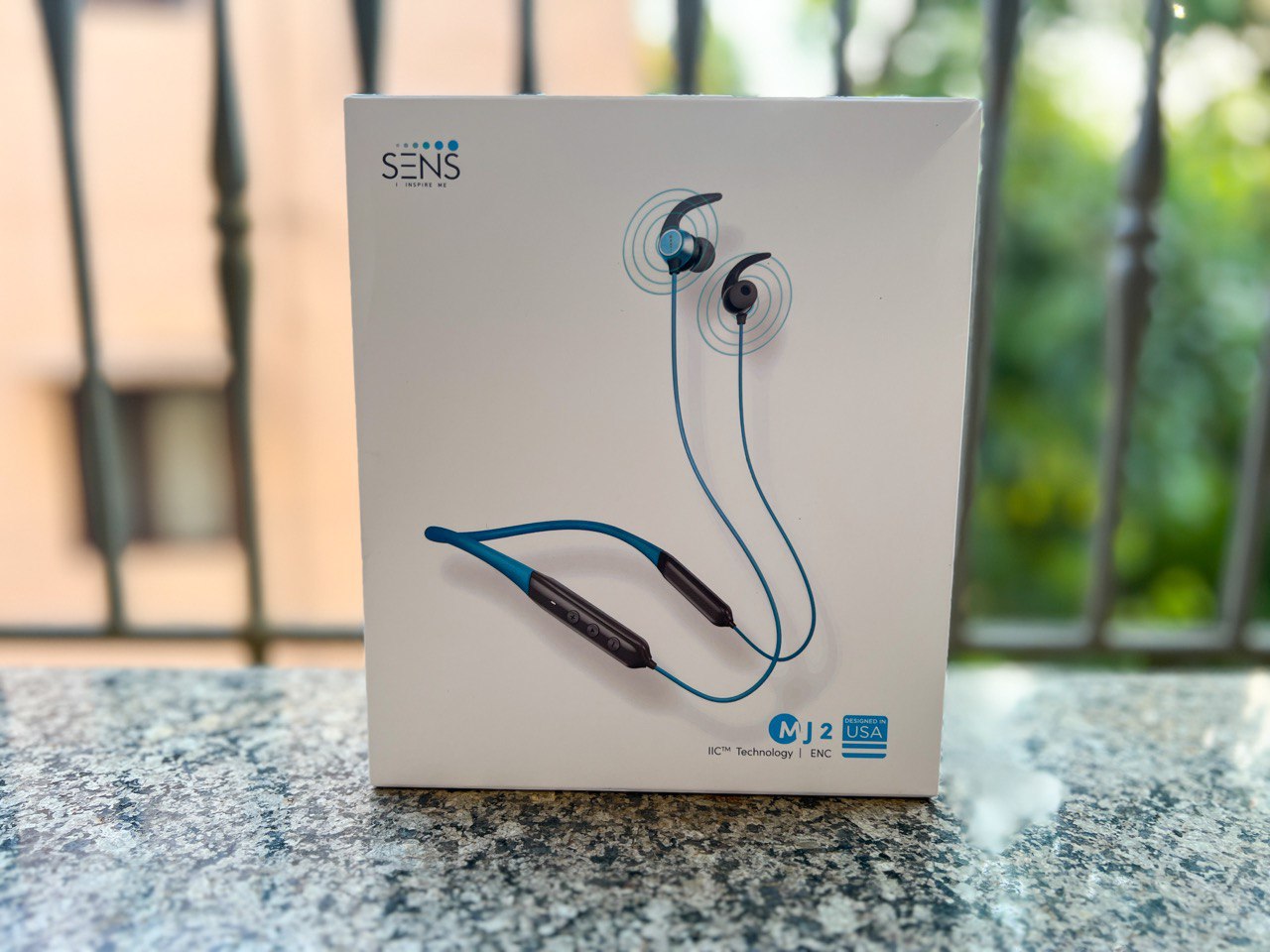
According to recent studies by Microsoft commissioned research firm IDC, companies using Windows XP are prone to spend more than three times than migrating to the latest Windows 8. As per the an estimate, cost of upgrading (assuming no enterprise license agreement and three-year amortization period) will be US$ 95 whereas the cost of non-migrating and staying at the present OS will be around US$ 300 per seat/user followed by almost a double the cost in the subsequent year if they choose to opt for a custom support contract to stay on Windows XP post April 2014 because Microsoft plans to end support for Windows XP on April, 08, 2014. The non-migration cost is only the documentable cost as this does not include costs related to business loss due to security and data breach threats, productivity loss and other similar factors so it is expected to go even more as nothing is perfect.
Companies should migrate to the newer version for :
- enhanced user experience
- stronger ecosystem of players
- better management of client devices
- improved security and data protection
- alignment to upcoming mobility adoption and 6) becoming future touch-based application(s) ready.
Companies like Bharti Airtel have seen savings of Rs. 2,000 per PC by moving from Windows XP to Windows 7.
“Approx 50-60% installed PC base in the enterprises are still running Windows XP. This is an alarming situation as non-migration puts businesses at risk of security breaches and could potentially create a big dent to the company’s brand image” said Amrish Goyal, Director, Windows Business Group Microsoft Corporation (India) Pvt. Ltd. “It takes money to save money! Migration to newer and better technologies eventually gives high return on investment and saves a lot of money in the long run.”










